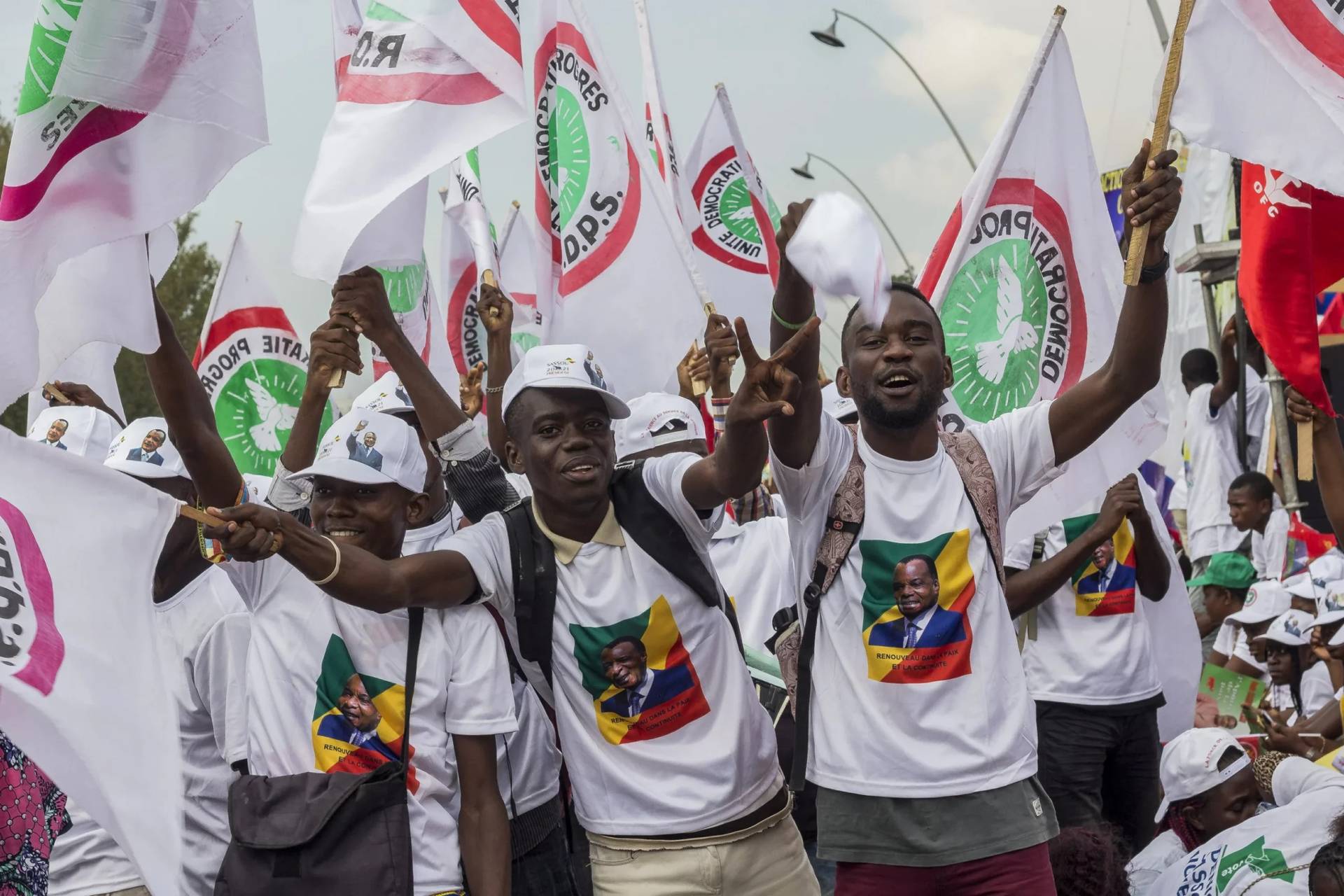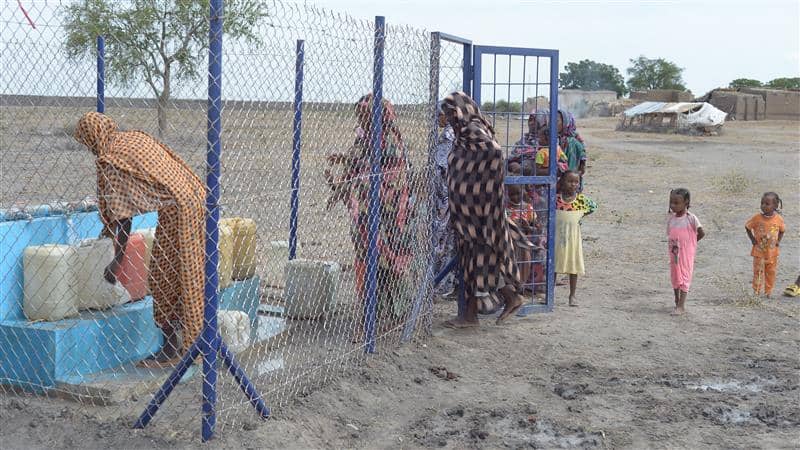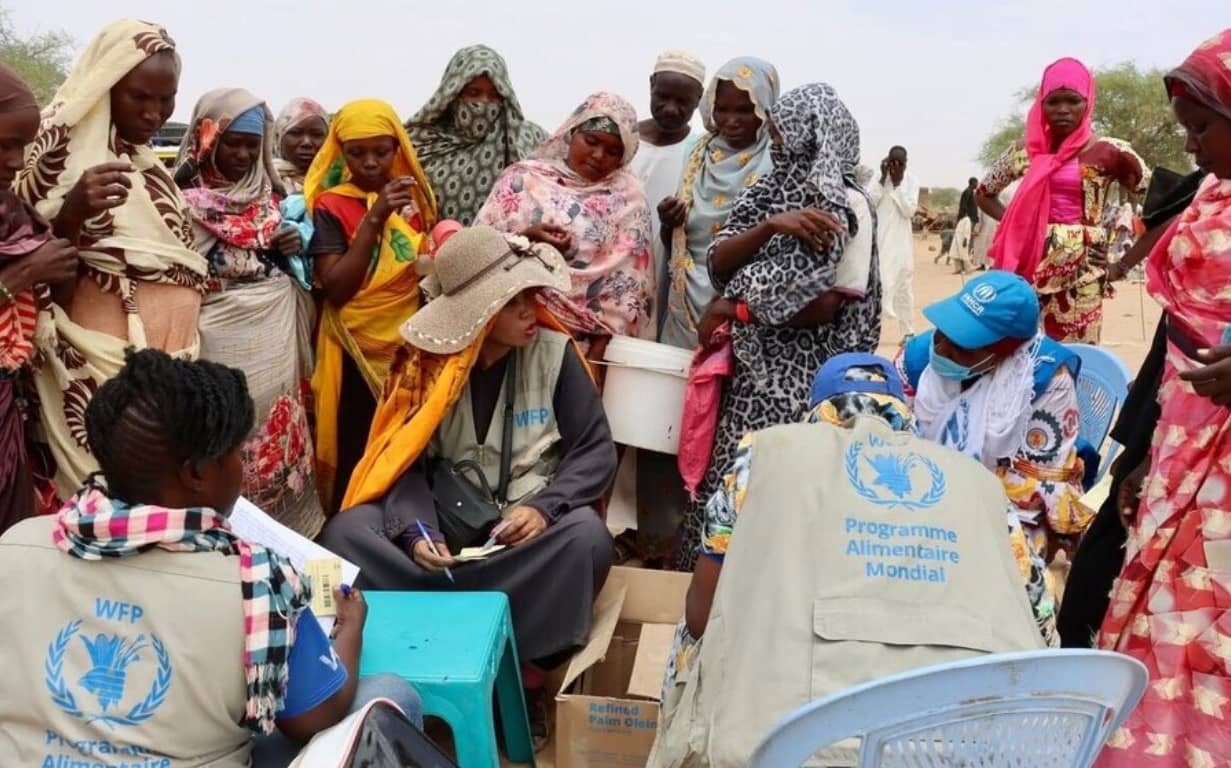YAOUNDÉ, Cameroon – Cameroon heads to the polls on Sunday, Oct. 7, while the country is experiencing serious turmoil: A secessionist uprising to the west, Boko Haram attacks to the north, and a limitless stream of refugees flowing in from the Central African Republic are just some of the challenges the country is facing.
Cameroon’s bishops are worried that this could lead to election-related violence.
President Paul Biya, now 85 and in power since 1982, will be challenged by eight other candidates.
In a pastoral letter ahead of the polls, the bishops note that “such a context could disturb the organization of calm and peaceful elections in our country,” and said that a free and a fair election is the only way to guarantee “peace, stability and justice” in the troubled central African country.
“According to the teachings of the Church, the people should be at liberty to exercise their sovereignty by freely, peacefully and responsibly choosing their leaders,” the bishops said in the August 24 pastoral letter.
They said the political system can only be sanitized if Christians get involved in the democratic process “for the love of God and for men, in a spirit of service and generosity for the good of all.”
They called on Christians and citizens to improve their knowledge of the rules and regulations governing elections in Cameroon, and to better understand their rights and duties in electoral matters to make informed choices.
“If we don’t elect men and women capable of meeting our aspirations, and people who work for the good of the nation, we shall bear responsibility” for any failure.
“Let Christians and citizens of good will work to promote the candidacy of competent and honest men, no matter their ethnic or religious origins.”
Noting that the country’s future lay in the hands of the electorate, the bishops said “authentic democracy in the respect of pluralism is the main route on which the Church moves with the people,” and “lay Christians who engage in democratic battles according to the spirit of the scripture is the sign of a Church engaged in the building of a state of law.”
The prelates warned against the general perception in Cameroon that electoral results are known before the actual voting – a situation that has traditionally bred political apathy.
The bishops gave a profile of the ideal candidate voters should be looking at: One capable of tackling the myriad problems of corruption and insecurity and should be capable of restoring Cameroon’s battered image abroad.
Cameroon has recently come under severe criticism for its horrendous human rights record.
In July, Human Rights Watch released a report detailing human rights violations perpetrated both by government forces and armed separatists against the population of Cameroon’s English–speaking regions.
The two regions have been engulfed in violent clashes dating back to October 2016 when teachers’ and lawyers’ strikes over perceived attempts by the francophone-dominated administration to destroy the Anglo-Saxon-educational and legal systems practiced in Anglophone Cameroon mutated into political demands for independence by the Anglophone minority.
The Human Rights Watch report noted the violence has displaced over 180,000 people since December 2017, and civilians have suffered the most from the conflict.
“Anglophone separatists have extorted, kidnapped and killed civilians, and prevented children from going to school. In response to protests and violence by armed separatists, government forces have killed civilians, used excessive force against demonstrators, tortured and mistreated suspected separatists and detainees, and burned hundreds of homes in several villages,” the report said.
The bishops said the ideal presidential candidate should be able to resolve the crisis.
The bishop’s letter also looked to the aftermath of the election, urging competing parties and candidates to accept the outcome of the ballot and to avoid any form of violence.
“In case you win, do not seek to provoke or humiliate your opponents. If you lose, accept defeat and congratulate the victor…that is the law of democracy. Consequently, defeat must not give rise to acts of violence, destruction and vandalism,” the letter said.
In May, the Brussels-based International Crisis Group issue a report on Cameroon saying other than the Catholic clergy, “there are few prospective peacemakers.”
“If no one fills that role, the separatist sentiment already voiced by many Anglophones will continue to grow, fueling further violence and exacerbating the ongoing insurgency in the Anglophone regions, with elections in late 2018 a flashpoint,” the report said.


















